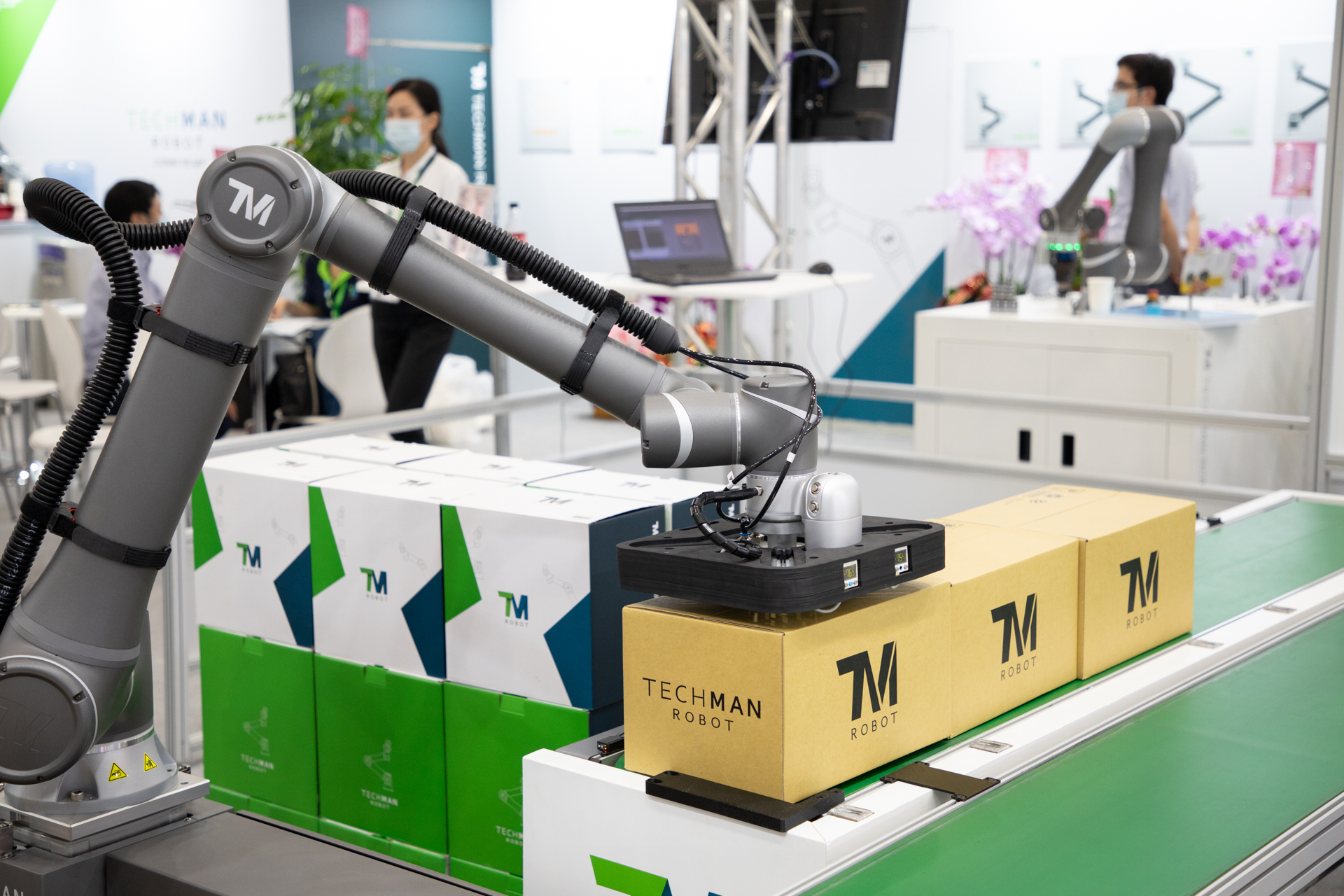As we develop increasingly intelligent robots, we will soon be living in a world where robots and humans interact in every aspect of life: in our homes, in our workplaces and in the public spaces. Robots are increasingly becoming more human-like. They are starting to have vision systems which allow them to see, hear, speak and understand natural human conversation. This means that they will soon replace many people’s jobs – but what does this mean for humanity?
This article will explore some of the ways that robots with vision system inspection may change the future of work, how it may impact us as human beings and what you can do to prepare for this new world.
Robots With Vision System Will Replace Human Workers
Robots are becoming increasingly intelligent – they are starting to have vision systems which allow them to see, hear, speak and understand natural human conversation. This means that they will soon replace many people’s jobs. It is estimated that by 2030 robots will be doing 47% of the world’s work.
How robots will change the future of work and humanity
As we develop increasingly intelligent robots, we will soon be living in a world where robots and humans interact in every aspect of life: in our homes, in our workplaces and in the public spaces. Robots are increasingly becoming more human-like. They are starting to have vision systems which allow them to see, hear, speak and understand natural human conversation. This means that they will soon replace many people’s jobs – but what does this mean for humanity?
Robots will replace human jobs
One of the most common concerns with robots is that they will take jobs from humans. Robots are already taking jobs from humans as they have been working in factories for decades. In recent years, they have been increasingly used in warehouses and now have been built to perform tasks such as cleaning houses and delivering packages. Having a robot do a job can be a cost-effective option for a business. Robots don’t make mistakes and can work tirelessly without taking breaks or slowing down, which makes them highly desirable to industries that require consistency and efficiency.
Robots with vision systems may soon replace many people’s jobs – but what does this mean for humanity?
As we develop increasingly intelligent robots, we will soon be living in a world where robots and humans interact in every aspect of life: in our homes, in our workplaces and in the public spaces. Robots are increasingly becoming more human-like. They are starting to have vision systems which allow them to see, hear, speak and understand natural human conversation. This means that they will soon replace many people’s jobs – but what does this mean for humanity?
This article will explore some of the ways that robots with vision system may change the future of work, how it may impact us as human beings and what you can do to prepare for this new world.
What’s the problem?
The problem is that it will lead to unemployment for humans. Right now, robots are slowly replacing human workers in many factories, warehouses and even restaurants. For example, in Togo’s capital city of Lome, two-thirds of all restaurants are run by robots which take orders, make food and serve customers while barely taking any breaks at all. With the rising use of these robots, thousands of people have lost their jobs.
However, this article doesn’t explore how people can protect themselves from this problem – only that the problem exists.
What you can do to prepare for this new world.
There are many ways that robots with vision systems will change the future of work – but there are ways in which you can prepare for this new world. For example, if you’re currently working in a job that is at risk of automation, it may be time to make some changes. If you don’t want to lose your job to a robot with a vision system, you’ll need to start thinking about how you can enhance your skills and learn new technical abilities. This way, even when the robots come with vision systems, they won’t be able to take your job.
Additionally, keep an eye on the next generation of experts who are entering the workforce. You may find that some of them have skills or experience in combating robots with vision systems. By partnering with these experts now, you’ll be more prepared for the future when robots become more commonplace of the businees.
Conclusion
As we watch the rapid development of technology and the new ways it’s shaping our world, we can’t help but wonder: what will happen when robots take over human jobs? Will the future of work be something humans can survive?
It’s true that robots will replace human jobs. But that doesn’t mean that humans won’t have work to do. As the world changes, so too must we. The way we work may change, but humans will still be needed to do the mundane tasks that robots can’t do. And if humans can develop emotional intelligence, emotional labor will become even more valuable.
So what should you do to prepare for the future of work? Educate yourself about the changes in our world and how it will affect your life. You’ll be more prepared for whatever comes our way.




